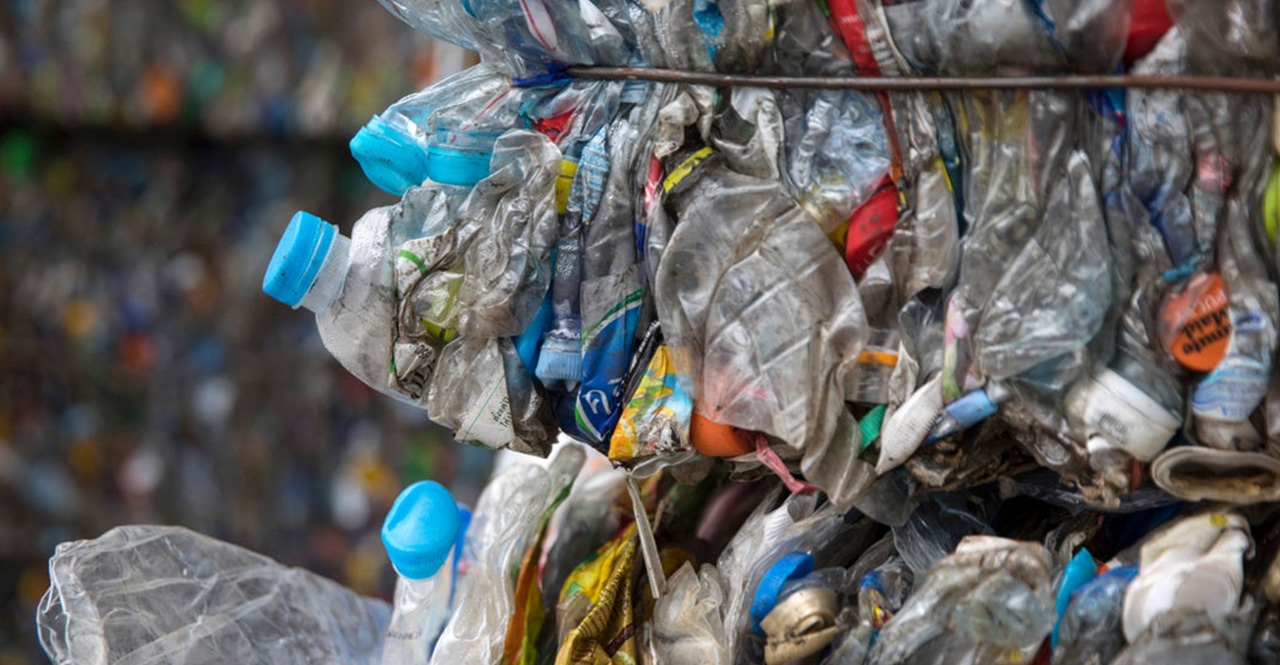Reclaim Waste Melbourne: Advanced Methods for Effective Liquid Waste Removal
Reclaim Waste Melbourne: Advanced Methods for Effective Liquid Waste Removal
Blog Article
Discovering the Relevance of Reclaim Waste in Sustainable Waste Administration Campaigns
In the world of sustainable waste administration, the principle of reclaiming waste emerges as an important component that demands interest and consideration. As we navigate the complexities of contemporary garbage disposal methods, the significance of recovering waste unveils a nuanced technique to mitigating environmental influence and cultivating an extra sustainable future. By taking a look at the elaborate interaction between waste recovery and sustainable waste monitoring efforts, we begin to unravel a story that expands beyond conventional garbage disposal approaches. Through a lens that focuses on resource efficiency and environmental conservation, redeeming waste uses an engaging opportunity for dealing with pushing environmental difficulties while paving the method for innovative remedies in the realm of waste monitoring.
Significance of Reclaiming Waste
Why is reclaiming waste vital in lasting waste administration practices? Reclaiming waste plays an essential role in lasting waste monitoring by reducing the amount of waste sent out to land fills, saving natural sources, and decreasing environmental influence.
Moreover, recovering waste fosters a round economic situation where materials are reused and recycled continually, promoting a more efficient and lasting usage of sources. It also adds to the development of environment-friendly jobs and economic development in the recycling and waste management field. By integrating waste improvement techniques into waste administration businesses, methods and communities can relocate in the direction of a much more lasting future, where waste is watched not as a worry yet as an important resource.
Benefits for the Setting
In the realm of sustainable waste management, the technique of reclaiming waste not just preserves natural sources and lowers waste sent out to landfills however additionally yields substantial advantages for the environment. By recovering waste products, such as steels, glass, plastics, and raw material, the environmental influence of resource extraction and production is minimized (Industrial waste water treatment). This leads to reduced power intake, lowered greenhouse gas emissions, and lower levels of air and water contamination linked with removing basic materials
Furthermore, reclaiming waste helps in the preservation of biodiversity and all-natural environments. It reduces the need for landfill space, thereby lessening land degradation and environment destruction. Additionally, the process of redeeming waste usually entails recycling and repurposing materials, which in turn decreases the need for brand-new products and the connected energy and resources required for their manufacturing.
Contribution to Circular Economic Climate
Playing a critical function in cultivating sustainability and resource efficiency, redeeming waste makes a substantial contribution to the round economic situation. By reestablishing disposed of products back right into the production cycle, reclaiming waste minimizes the demand for virgin sources, thus decreasing the general environmental influence of resource extraction and intake. This procedure aligns with the concepts of the circular economy, which stresses making the most of the value and energy of resources through closed-loop systems.
Furthermore, redeeming waste promotes technology and motivates the development of brand-new innovations and processes for reusing and upcycling materials. This not just reduces waste sent out to garbage dumps yet likewise creates new economic chances by creating additional resources for producing sectors. Because of this, redeeming waste assists to produce a more resilient and sustainable economic situation that is less reliant on scarce resources and vulnerable to interruptions in the supply chain. Inevitably, by integrating waste recovery practices into waste management areas, organizations and efforts can proactively add to building a more circular and regenerative economic situation.
Minimizing Landfill Waste

Education and learning and awareness campaigns on proper waste disposal and the value of reducing, reusing, and recycling can additionally play a critical role in decreasing land fill waste. By focusing on the reduction of land fill waste, lasting waste management practices can be enhanced, leading to a much healthier setting and economy.

Future Ramifications
Considering the quick improvements in innovation and evolving ecological obstacles, the future ramifications of lasting waste administration are poised to change present practices. The adoption of ingenious technologies such as fabricated intelligence, Net of Things (IoT), and blockchain can significantly enhance waste monitoring, arranging, and recycling procedures. These improvements make it possible for real-time tracking of waste streams, recognition of recyclable materials, and boosted efficiency in source allotment.
Additionally, the shift in the direction of a circular economic situation design, where sources are recycled, recycled, or upcycled, will certainly end up being progressively prevalent. This transition not just decreases the dependence on virgin products but also decreases waste generation, resulting in a more lasting and eco-friendly waste administration strategy.
Additionally, the combination of sustainable waste monitoring methods into wider sustainability schedules is expected to acquire grip. Industrial waste water treatment. Organizations and governments worldwide are identifying the significance of waste reduction and recycling in combating climate modification and promoting a round economic climate. Because of this, policies and guidelines sustaining lasting waste monitoring efforts are likely to end up being a lot more stringent, driving industries in the direction of even more eco-friendly methods
Final Thought
In verdict, the relevance of redeeming waste in sustainable waste administration efforts can not be overstated. By redeeming waste, we can decrease environmental impact, add to a circular economy, and Liquid waste removal decrease landfill waste.
By examining the elaborate interplay between waste improvement and sustainable waste monitoring initiatives, we begin to untangle a narrative that prolongs beyond standard waste disposal techniques. Reclaiming waste plays a critical function in lasting waste management by decreasing the amount of waste sent out to garbage dumps, conserving all-natural resources, and minimizing environmental influence. By integrating waste improvement practices right into waste management services, communities and strategies can relocate in the direction of a much more lasting future, where waste is seen not as a worry but as an important source.

Report this page